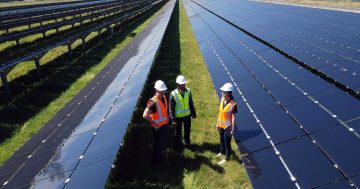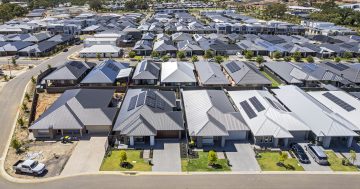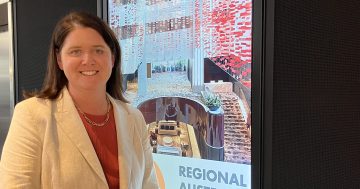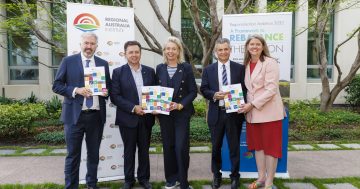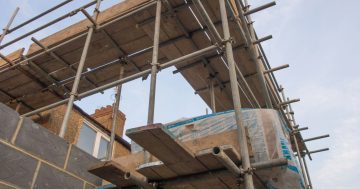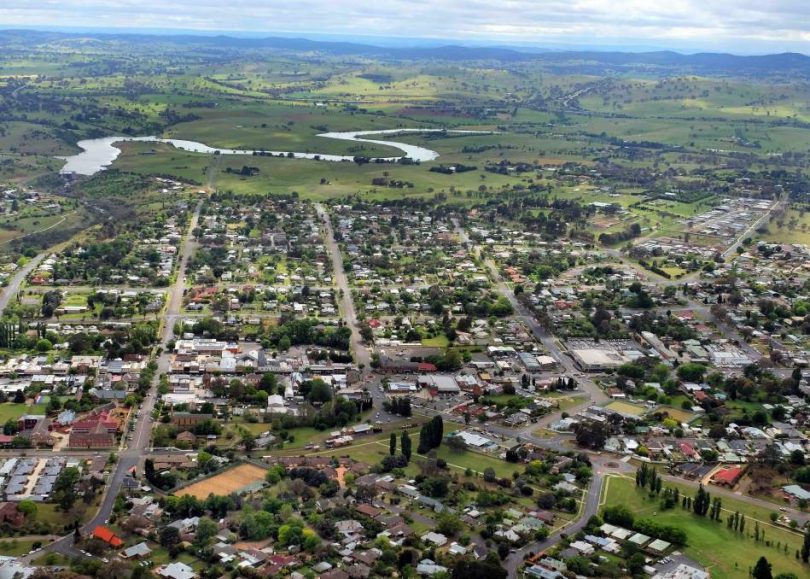
The regional housing shortage has reached crisis levels according to Regional Development Australia. Photo: Yass Valley Council.
A complex web of factors is causing a housing shortage to become a crisis in regional NSW – and more broadly across inland Australia – and it can only be solved with collaboration between business, and at all levels of government, according to Regional Development Australia (RDA) Riverina.
The NSW inland housing crisis will be the primary topic for discussion at the upcoming Inland Growth Summit in Wagga Wagga, hosted by RDA Orana and RDA Riverina, which will seek to examine the reasons for the crisis across regional Australia, what can be done about it, and who exactly should be held responsible.
RDA Riverina CEO Rachel Whiting said the housing shortage has reached crisis levels in many inland areas across Australia and she blames the combination of a lack of houses, a lack of builders and building supplies, and a lack of available land to build on.
However, that’s not to say regional Australia doesn’t need people to make the move there from urban centres.
“RDAs have been encouraging people to come to regional areas to live for a long time now, and I think COVID-19 has sped up that process as people look for an escape from the cities,” said Ms Whiting.
“Lots of people come out for the short-term before realising just how many great opportunities there are in many rural and regional centres. We’ve got more jobs than we have people so we actually need migration from our capital cities.”
But the housing shortage is at a critical point, meaning people who want to move to rural areas simply cannot find anywhere to rent or buy in some locations so those jobs are remaining unfilled.
According to Ms Whiting, the RDA summit is about fostering dialogue between community, business and government leaders to find solutions which can work for the long, medium and short-term.
“It’s important we come together to understand the experience and effects the housing crisis is having,” she said.
Ms Whiting also cited a number of private enterprises and local councils which have demonstrated how creative, out-of-the-box thinking is leading to success.
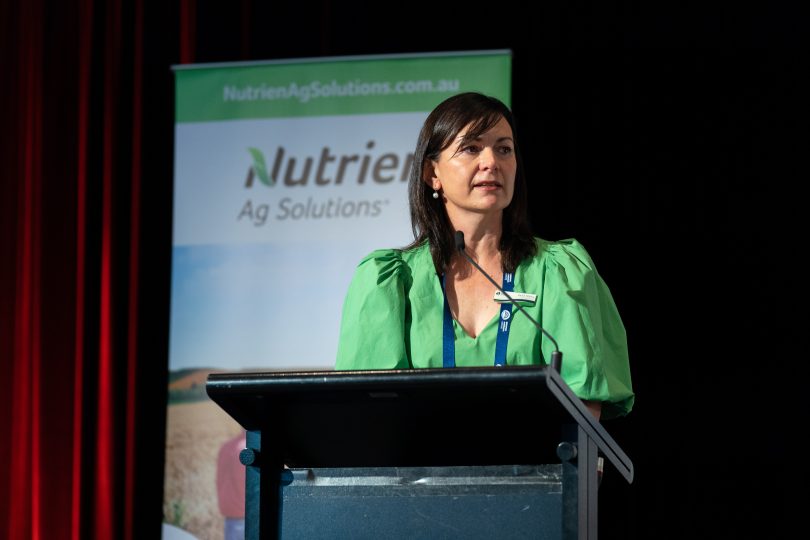
RDA Riverina CEO Rachel Whiting says regional areas want to welcome people to relocate from capital cities, but the housing shortage needs to be addressed. Photo: RDA Riverina.
She’s also heard ideas about local councils which may be able to help make the process easier for people wanting to build granny flats, or could make efforts to find out why blocks of land remain vacant.
“Councils don’t want to drastically change communities, but they do need to find solutions which allow them to continue welcoming people,” said Ms Whiting.
At the other end of the spectrum, she said private enterprises and businesses are taking the lead by looking at tiny home solutions, and she cited a Wagga Wagga startup which is helping elderly people put up rooms in their homes for rent.
Ms Whiting said the NSW Government is also working on addressing the regional housing crisis, but that it shouldn’t be left to them.
“They do have a housing plan on the way, but sometimes in the short-term, local businesses can help fill the gap,” she said.
High-profile speakers at the summit will include Assistant Minister for Regional Development and Territories Nola Marino, and Regional Australia Institute chief economist Dr Kim Houghton.
Ms Whiting encouraged anybody who has questions or ideas to share to connect with any of the organisations involved in the conference.
You can get tickets to the RDA Inland Growth Summit here.
Original Article published by Lottie Twyford on The RiotACT.







